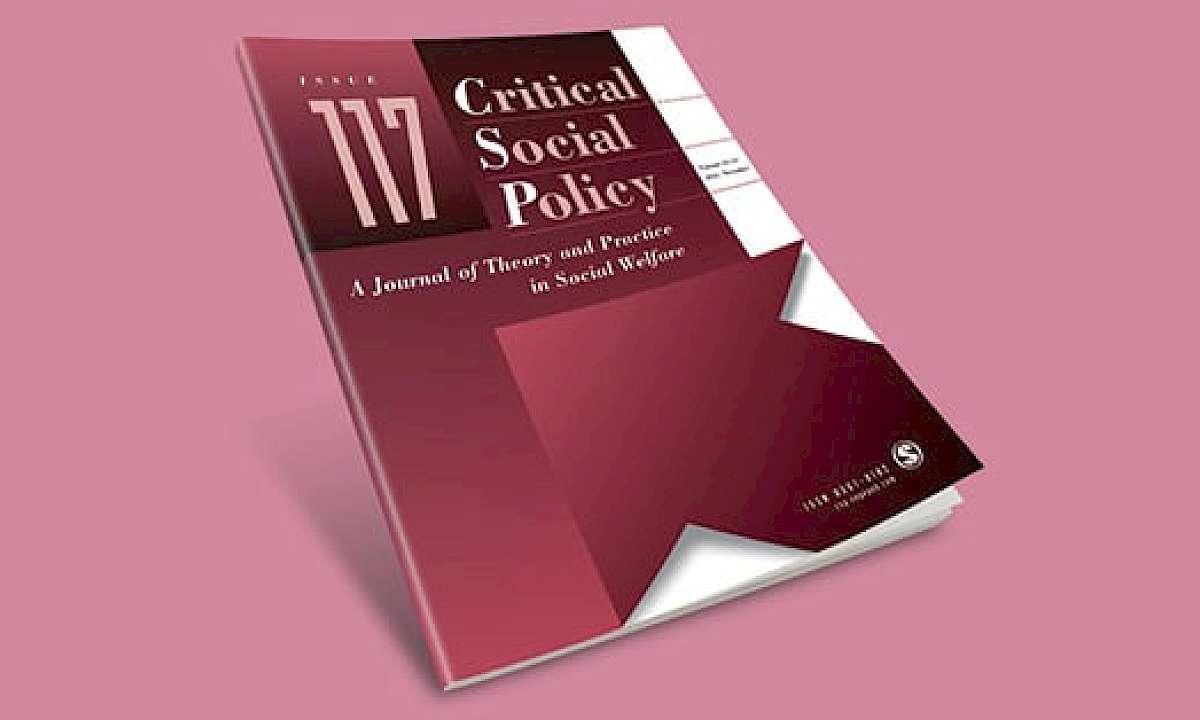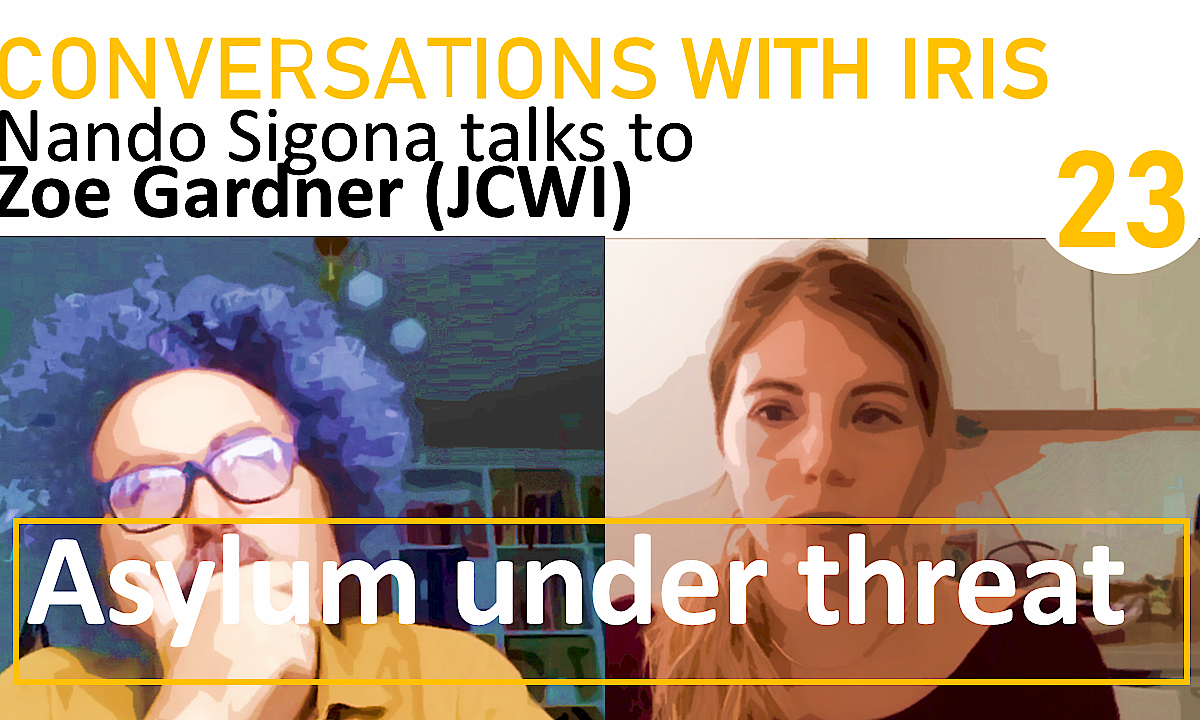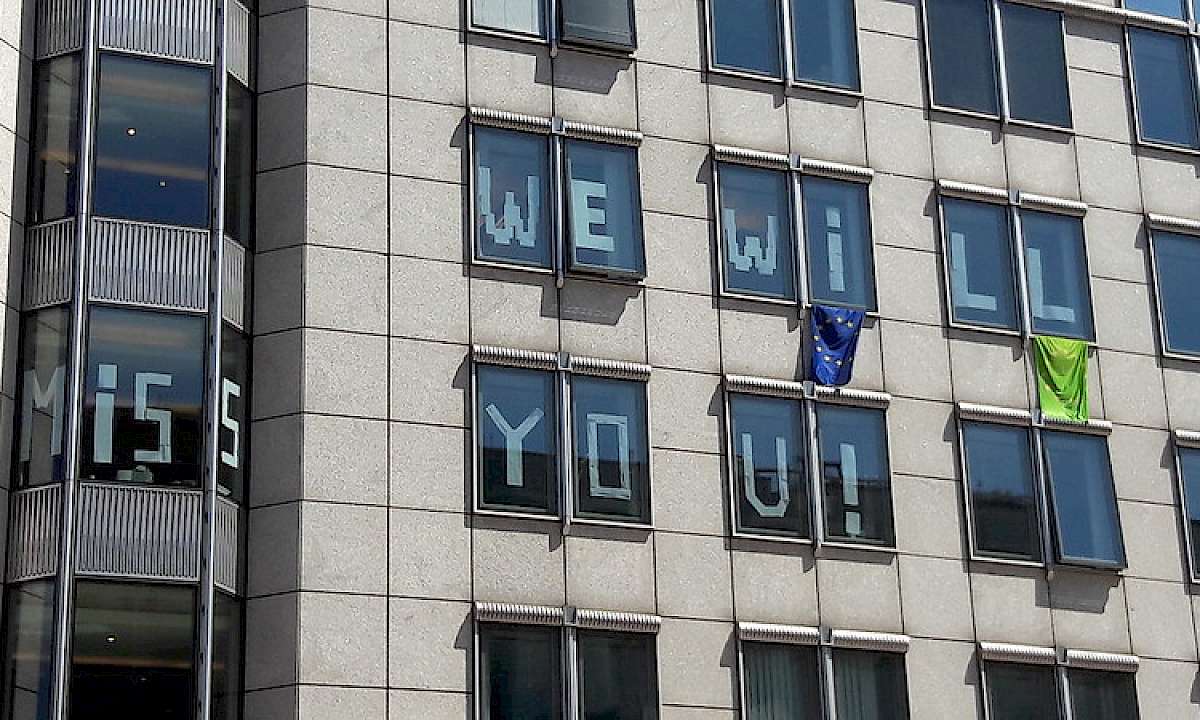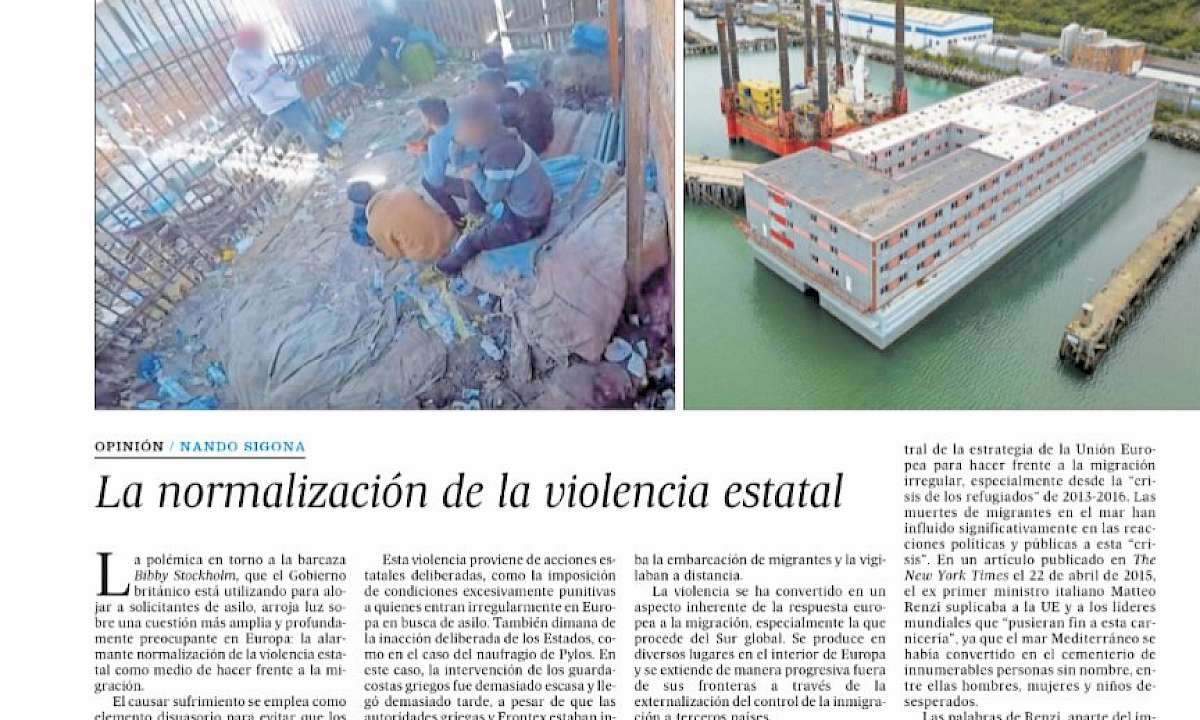
This article written by Rachel Benchekroun, Rachel Humphris and Nando Sigona examines the production, working and impact of the UK's hostile environment on migrant families with precarious legal status. Its approach is informed by two bodies of scholarly work: critical border studies and research on migrant families. The authors bridge these literatures to show how the hostile environment is neither a singular, neatly bounded space, nor limited to a set of interactions between immigration enforcement and a clear-cut group of people (so-called ‘illegal immigrants’). It affects the lives of a wider segment of the UK population, in particular racialised migrants and citizens, by making their legal status more insecure and precarious, and percolates in multiple and intersecting domains in the lives of families, such as education, housing and welfare, making them ambivalent sites of protection and safety as well as control and enforcement. Drawing on ethnographic engagement with families with insecure immigration statuses, the article explores how the hostile environment manifests in the everyday lives of families; how the hostile environment circulates and is re-enacted within the micro-politics of families; and how families negotiate the continuous work of protecting children from the effects of the hostile environment.
The article is part of collection on racialised migrants navigating the UK's hostile environment policies edited by Tracey Reynolds, Umut Erel and Maggie O'Neil for Critical Social Policy.
Benchekroun, R, Humphris, R, and Sigona, N. (2024) ' Mothering in hostile environments: Migrant families negotiating the welfare and immigration regime nexus', Critical Social Policy, 44(2), 285-306. https://doi.org/10.1177/02610183231223956




